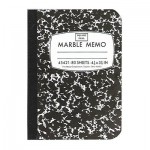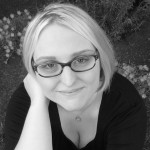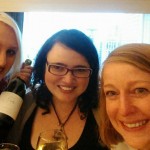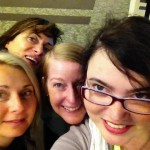It’s been a while since I posted links on my blog to my new publications. Below are some of my recent stories, essays, reviews, and interviews, published in Pleaides, The Nervous Breakdown, and Fiction Writers Review.
Tattoo Titans, Mirror Neurons, and Intergenerational Empathy. Read it
here:
Interview with Artis Henderson. Read it
here:
Half, which won the 2013 Kinder Prize from Pleiades. Read it
here:
Review of Praying Drunk by Kyle Minor.
Read it here:
Review of Kids These Days by Drew Perry
Read it here:
Interview with Virginia Pye
Read it here:
Review of Red Sky in Morning by Paul Lynch
Read it here:





